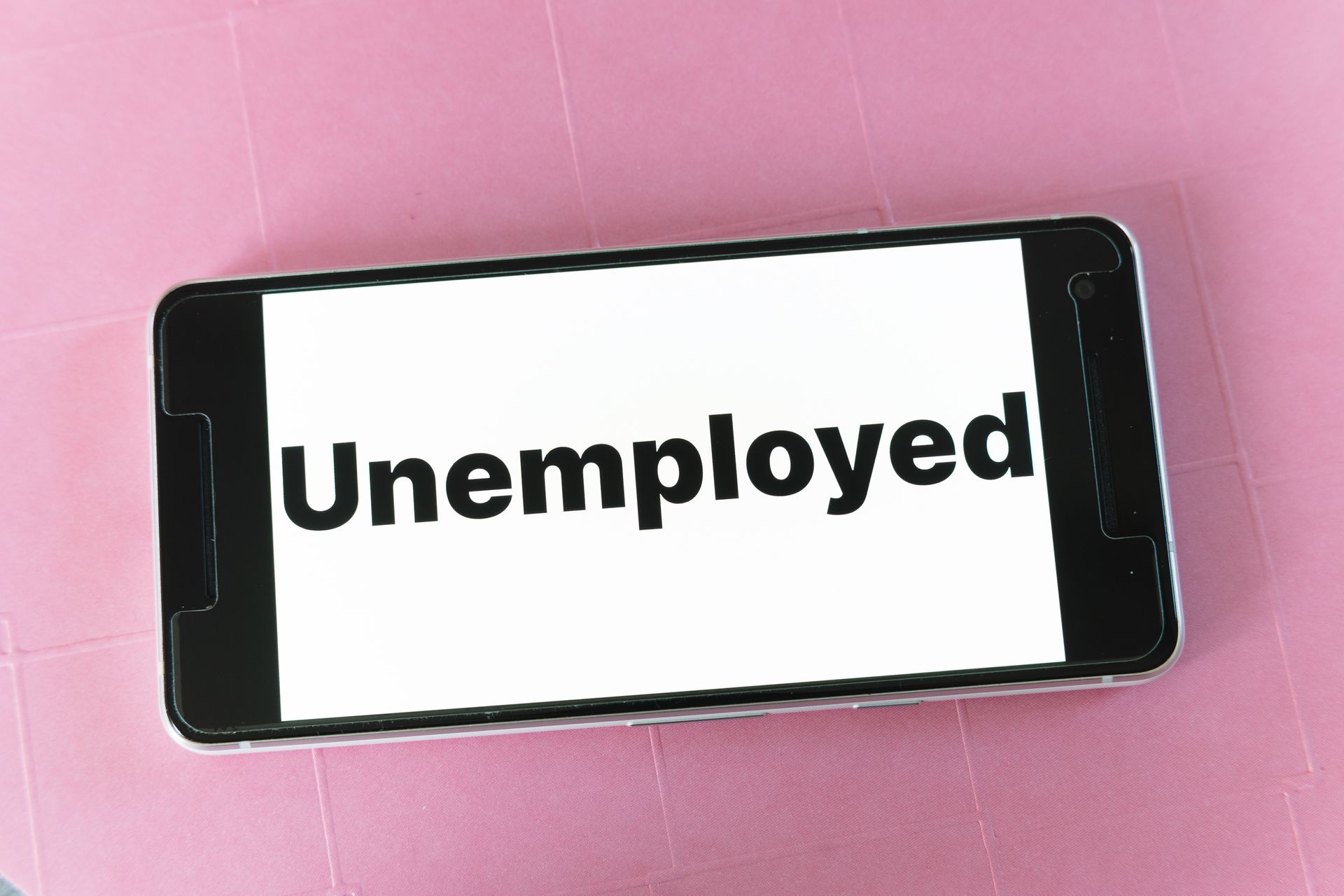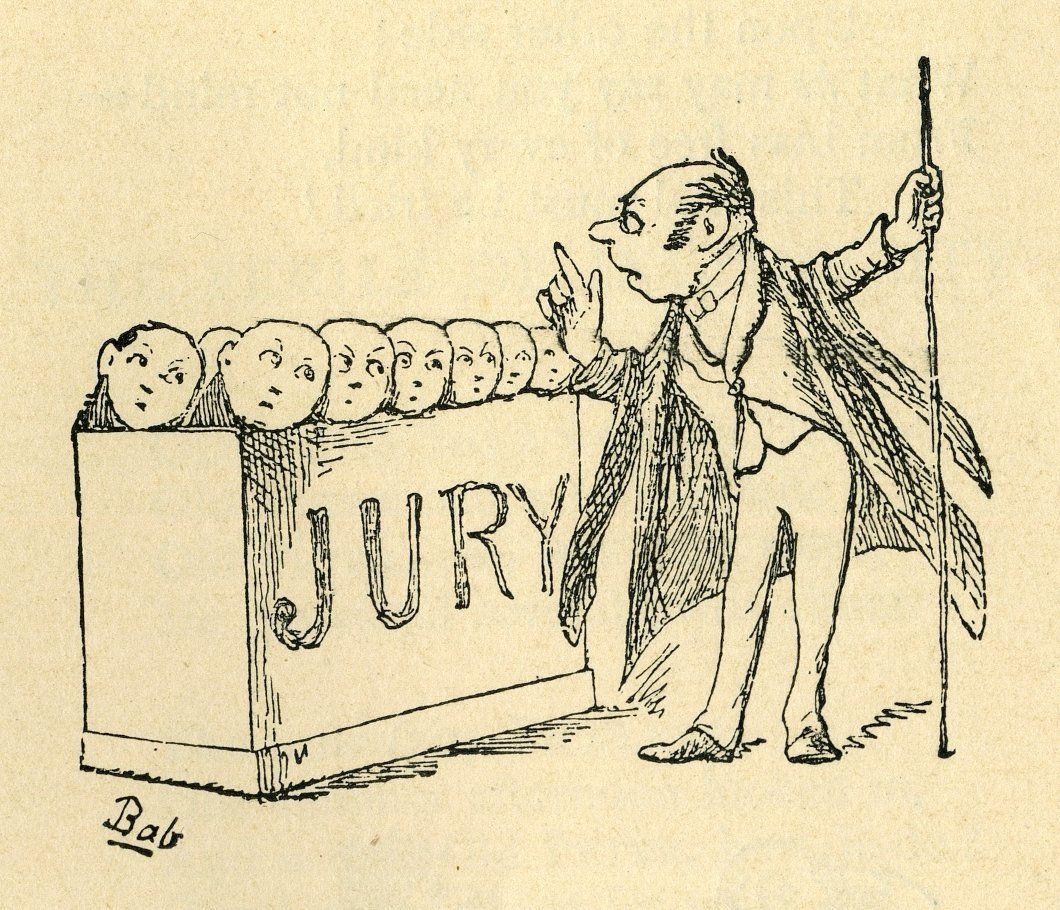Diversity Equity and Inclusion (DEI): Did DEI just DIE after the Supreme Court's affirmative action decision?
Is DEI Still Permitted After the Supreme Court's Affirmative Action Decision concerning College Admissions?
TITLE VII of the Civil Rights Act of 1964
Following the assassination of President Kennedy, President Johnson signed the Civil Rights Act of 1964 (“the Act”). The Act prevented discrimination on the basis of race, color, national origin, sex, or religion in employment. Initially, the Act disallowed jury trials because it was surmised that juries would not fairly adjudicate the claims of minority plaintiffs. The Act created the Equal Employment Opportunity Commission (“EEOC”), a federal administrative agency that processes, and sometimes litigates, charges of discrimination. The Act applies to employers with 15 or more employees.
Affirmative Action
As a response to racial imbalances in the workplace, employers developed affirmative action plans. Voluntary plans (not imposed by a court) must be justified as a remedial measure to redress patterns of segregation or hierarchy, must be temporary, and must not unnecessarily trammel the interest of white employees. For instance, in Steelworkers v. Weber, the Supreme Court approved an affirmative action plan which reserved 50% of openings for African American employees, where the local workforce was 39% African American, but the workforce was 1.8% African American.
In contrast, where Hispanics were 6.8% of the population, and the employer had nearly twice that amount in its workforce, with 12.9%, the Court struck down the affirmative action plan in Jurgens v. Thomas. The court held that the plan was not remedial because there was no discrimination to remedy, since Hispanics were not under-represented in the workforce.
The Supreme Court Addresses Affirmative Action in Colleges
In Students for Fair Admissions, Inc. (SFFA) v. President and Fellows of Harvard and SFFA v. University of North Carolina, decided in 2023 by the United States Supreme Court, the Court scrutinized affirmative action decisions in the context of College admissions. The majority opinion condemned an admissions process that “picks winners and losers based on the color of their skin.” Chief Justice Roberts wrote for the majority that “a benefit provided to some applicants but not to others necessarily advantages the former at the expense of the latter.” In his concurrence, Justice Gorsuch similarly observed, “it is never permissible to say ‘yes’ to one person but to say ‘no’ to another person even in part because of the color of his skin.” And Justice Thomas declared, “under our constitution, race is irrelevant.” Notably, Chief Justice John Roberts explained that college admissions programs can consider race to allow an applicant to explain how their race influenced their character in a way that would have a concrete effect on the university. But a student “must be treated based on his or her experiences as an individual — not on the basis of race.”
This concept – that companies cannot prefer candidates on the basis of race – already governed employment decisionmaking in the context of Title VII. In the workplace, voluntary affirmative action efforts are permissible only when there is sufficient data to demonstrate that the plans are narrowly and carefully tailored to remedy conspicuous racial or gender imbalances in traditionally segregated job categories. Whether or not the Supreme Court takes aim at affirmative action remains to be seen.
DEI Programs
An employer’s DEI programs must be carefully crafted, temporary, and based on solid data, with the goal of achieving a better racial imbalance; otherwise, employers risk liability for reverse discrimination. Hiring decisions should not be made on race, color, sex, religion, or national origin, unless there are documented imbalances and a corresponding written, temporary, thorough, affirmative action plan. (Later statutes or Court decisions included the additional categories of pregnancy, age, and disability, and sexual orientation). However, employers can still encourage and recruit applicants from minority areas and historically black colleges and universities, to increase diversity in their applicant pool. This can ultimately increase diversity in the workforce. But Title VII prevents an employer from using a preference to hire a candidate, based on minority status.
If you have a question about discriminatory hiring or promotion, feel free to consult with Employment Attorney Raymond Nardo.










